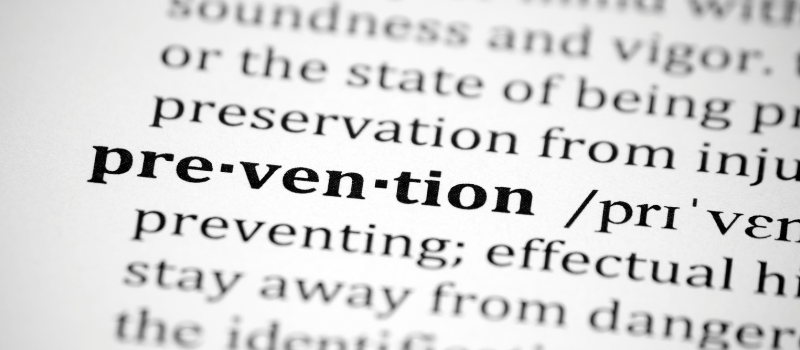Changes to be introduced next year by the Federal Government will place an onus on employers to take a preventative, rather than reactive, approach to discrimination, harassment and other inappropriate behaviour in the workforce.
On 28 November 2022, the Anti-Discrimination and Human Rights Legislation Amendment (Respect at work) Bill (the Bill) was passed by both houses of parliament and now awaits royal assent. The Bill aims to provide a fresh approach to addressing workplace harassment and protecting workers from it.
This alert will be addressing the two key amendments and the other changes following the Bill.
Positive Duty
The Bill will amend the Sex Discrimination Act 1984 (Cth) (SD Act) and introduce a new method that imposes a positive duty on employers to take reasonable and proportionate measures to prevent, so much as possible, any discriminatory or harassing behaviour from occurring in the workplace. The Bill will shift the emphasis of being reactive to being proactive.
To enforce this positive duty, the Bill will be amending the Australian Human Rights Commission Act 1986 (Cth). This amendment will enable the Australian Human Rights Commission (AHRC) to monitor, assess and enforce compliance with the positive duty by allowing the AHRC powers to conduct inquiries, issue compliance notices, apply to the Federal courts for compliance orders, and enter into enforceable undertakings.
Hostile Workplace Environments on the Ground of Sex
The bill will implement a new prohibition in the SD Act that will prohibit conduct that subjects others to workplace environments that are hostile on the grounds of sex. The AHRC found that sexual harassment is more likely to occur in a workplace environment that is sexually charged or hostile.
A sexually hostile workplace will be conduct that is offensive, intimidating, or humiliating to a person regarding their sex. This conduct can include the display of obscene or pornographic materials, general sexual banter, or innuendo and offensive jokes.
In determining the unlawfulness of the conduct, the following will be considered:
- the seriousness of the conduct;
- whether the conduct was continuous or repetitive;
- the role, influence or authority of the person engaging in the conduct; and
- any other relevant circumstances.
Other Changes
Other changes that the bill will introduce include:
- a mechanism to enable class actions to be brought to the Federal Courts on behalf of a group of people who have experienced workplace discrimination;
- a lower threshold for an allegation of harassment on the ground of sex from ‘serious demeaning conduct’ to ‘demeaning conduct’;
- an amendment towards the objects of the SD Act to provide for ‘substantive equality’ between men and women rather than ‘equality of opportunity’;
- a clarification that victimising conduct can form the basis for both a civil action and criminal complaint; and
- an extension to the timeframe for making complaints under the Anti-Discrimination Act 1991 (Cth), the Disability Discrimination Act 1992 (Cth) and the Racial Discrimination Act 1975 (Cth) from six months to 24 months after the unlawful conduct occurred.
Employer Takeaways
All amendments will commence the day after the Bill receives royal assent, except for the compliance of the AHRC powers which will come into effect 12 months after. Employers must be prepared for the approaching changes to discrimination laws. In anticipation of the bill, employers must carefully observe the risk factors relating to their workplace environments and establish suitable controls and performance standards to manage those risks.
We recommend that employers review their current procedures and policies, reflect on their workplace culture, and ensure appropriate workplace behaviour training is in place.
Employers will be required to do more than just implementing another standard workplace policy to ensure they are abiding to the preventive approach rather than the reactive approach.
How our Workplace Team can help
Please contact our Workplace Team if you have any questions or concerns about these coming changes. We expect to be offering a free seminar in this area as the changes come into effect and may be able to provide more detailed training for your team if required.
For further information contact Danny Clifford, Director of Employment and Workplace Law.


 Major changes to workplace law summarised
Major changes to workplace law summarised